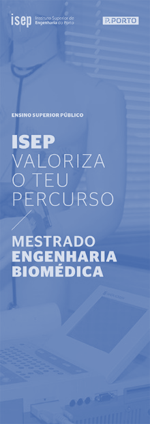 Alimentar dispositivos médicos inteligentes com a energia do seu próprio corpo
Alimentar dispositivos médicos inteligentes com a energia do seu próprio corpo Resumo
The human body naturally generates various forms of energy—thermal, mechanical, and biochemical—that can be harnessed to power next-generation smart medical devices. Technologies like piezoelectric materials, thermoelectric generators, and biofuel cells are being developed to convert body movements, heat, and fluids into usable electrical energy. These energy-harvesting biomaterials are designed to be biocompatible, efficient, and capable of long-term operation inside or on the body. By eliminating the need for external batteries or frequent recharging, such innovations pave the way for more sustainable, autonomous medical devices. This inside-out approach represents a transformative leap in personalized healthcare, enabling continuous monitoring and therapeutic intervention powered entirely by the patient’s own body.
CV - Andreia Pereira![]()
![]()
Andreia Pereira is a Post-Doctoral researcher at i3S – Instituto de Investigação e Inovação em Saúde, Porto, Portugal, specializing in biomaterials and biomedical innovation. With a PhD from the University of Porto in join collaboration with Medical University of Vienna via the GABBA program, she has worked across six international/national labs. Her research focuses on nanomaterial-based polymers and energy harvesting systems for medical devices. Recognized with six awards (e.g., Maria de Sousa Prize, L'Oréal Medals, Julia Polak Award), she is also active in EU health innovation strategy, holding two patents and 20 publications. Andreia has led multiple R&D and tech-transfer initiatives, supervised students, and played key roles in scientific outreach.




